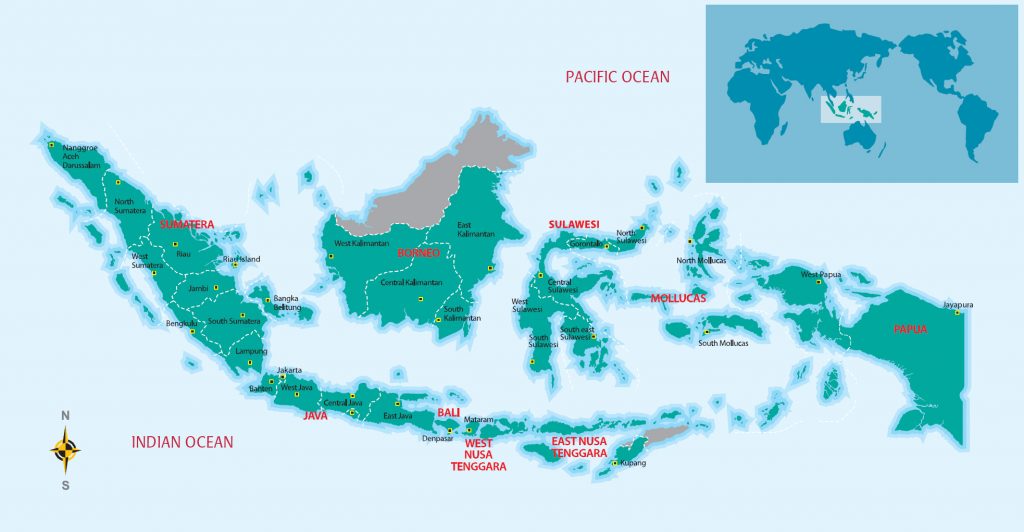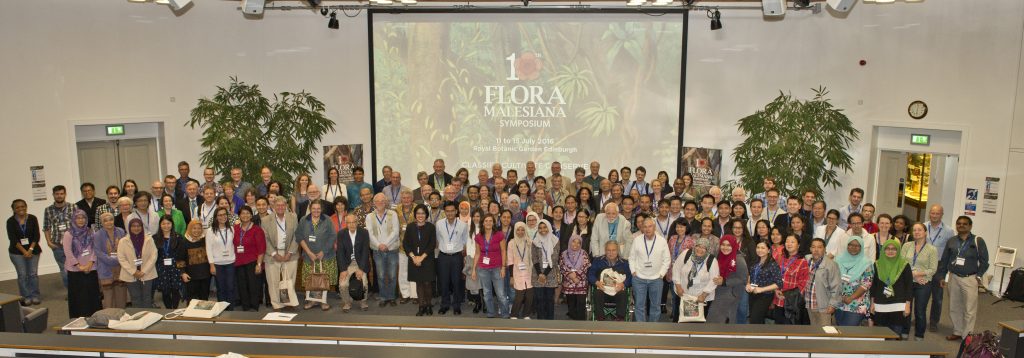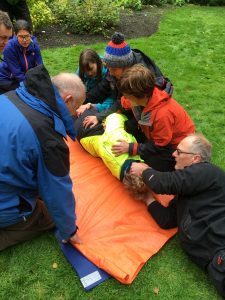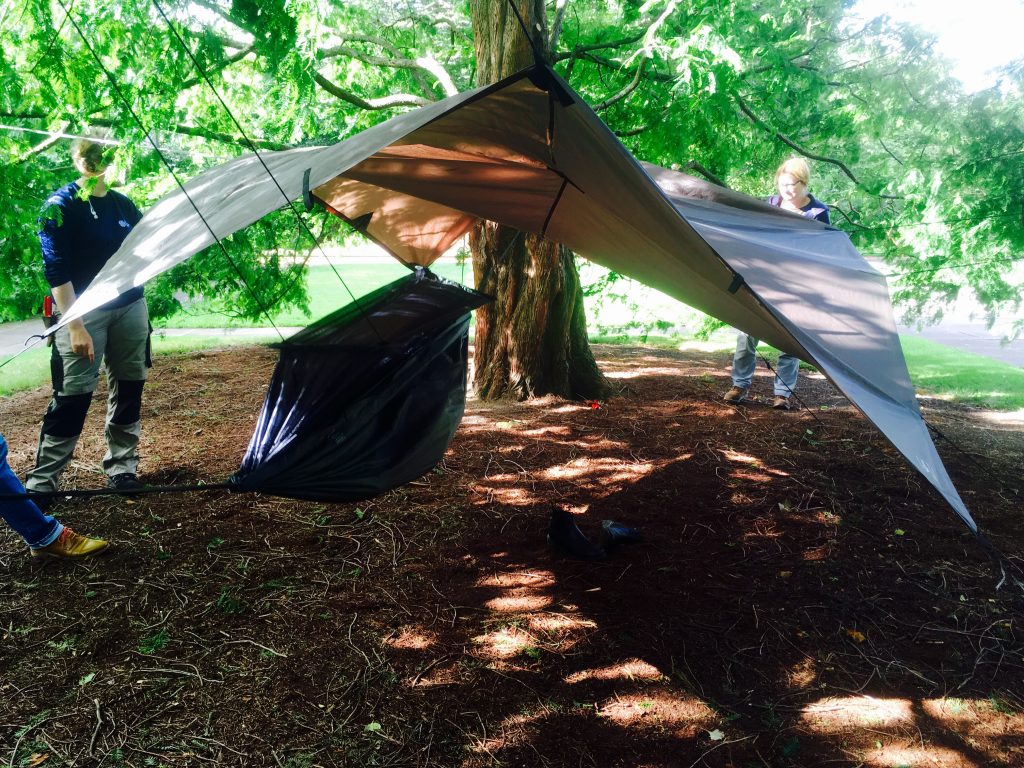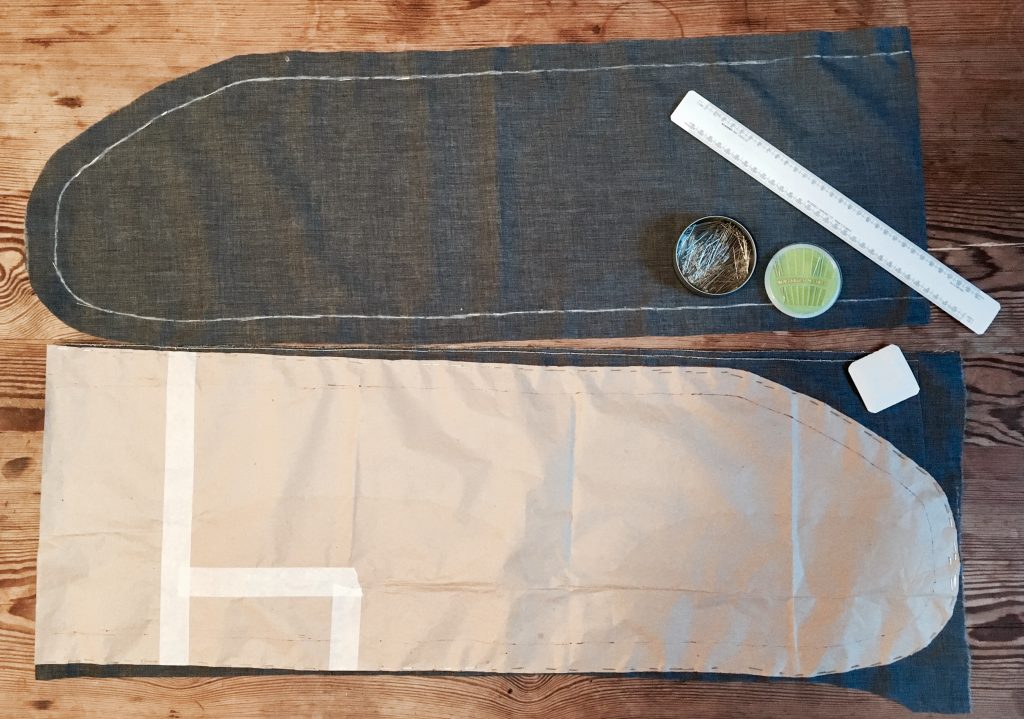This year, RBGE embarked on a 2 year collaborative project with Indonesia’s Institute of Sciences (LIPI) to work towards ‘Flora Malesiana’ taxonomic accounts for Begoniaceae, Gesneriaceae, Sapotaceae and Zingiberaceae. In this, the two institutions are committed to research and conserve plant diversity in Indonesia and to instigate research projects, training and fieldwork to this end.
The project involves fieldwork in Java, Sumatra, Kalimantan and Sulawesi, with a team of 5 RBGE science and horticulture staff working alongside LIPI research counterparts. Modern day fieldwork takes a lot of preparation, and this project began with 2 years’ planning.
In 2014, together with our colleagues from LIPI, we started the lengthy process to obtain all necessary permissions to allow collections from protected forests under agreed institutional and ‘Nagoya Protocol’ criteria. Funds have been raised thanks to the generous support of RBGE Expedition Committee, James and Eve Bennett Trust, Sibbald Trust, Davis Expedition Fund, and Royal Horticultural Society.
The team has already completed Phase 1 of the project, which included fieldwork in Sumatra. Following this, the RBGE and LIPI team met again at the 10th Flora Malesiana Symposium, hosted by RBGE in July 2016. The conference allowed for strengthening of relationships and further detailed planning of future fieldwork. The strong collaboration and benefit sharing between our institutions is absolutely essential to the success of the project, and to continue combined efforts to conserve some of the world’s most biodiverse environments.
Phase 2 will involve one team visiting North Sulawesi, with particular focus on Gesneriaceae, and two teams visiting East Kalimantan looking for Begoniaceae, Zingiberaceae and Sapotaceae.
As time draws closer, the preparation for fieldwork becomes more intense. For the Phase 2 expeditions, there has been some wilderness first aid training, equiping the team members with essential survival skills.
Safety is of the utmost importance, with detailed risk assessments carried out beforehand to ensure appropriate precautions are taken; full health checks are done and all vaccinations (including Japanese encephalitis and rabies) taken before travel. Due to the often remote areas and difficult terrain, emergency evacuation procedures are considered and planned for, and satellite phones carried at all times.
The RBGE team have also been practicing ‘bahasa Indonesia’ (bahasa = language), training in the gym for the challenges of mountain climbing and jungle trekking, and reading specialist books relating to the flora of the region. As the expeditions are to include the collection of living material for both Kebun Raya Bogor and Edinburgh, a useful book to take is the pocket ‘Guide to Collecting Living Plants in the Field‘.
Getting the field supplies together can be fun – we tested out our ‘DD Hammock‘ in the Garden; a great bit of kit with built in mosquito net, made by a local Edinburgh company. Leech socks are a good idea and simple to make, so some of those have also been added to the kit bag along with the usual plant collecting equipment. With Phase 2 about to begin, check back here to see all these items being used in the forests of Sulawesi.

